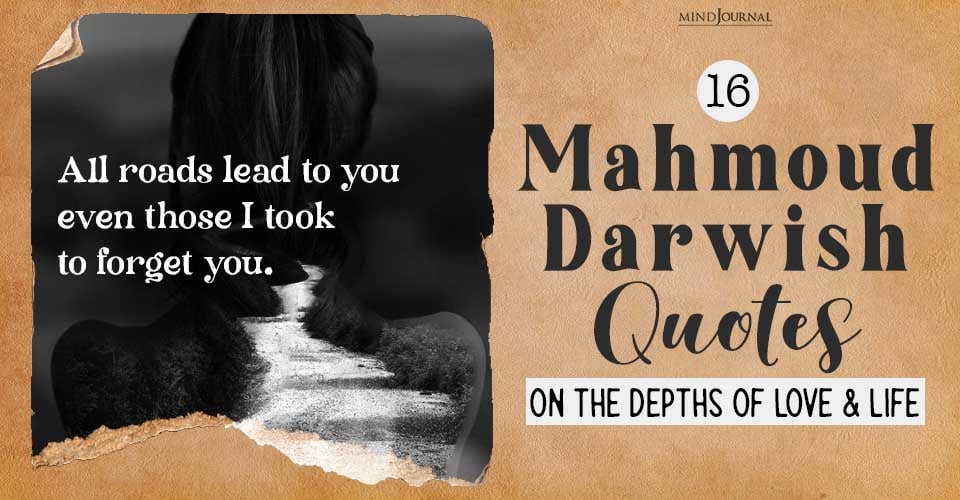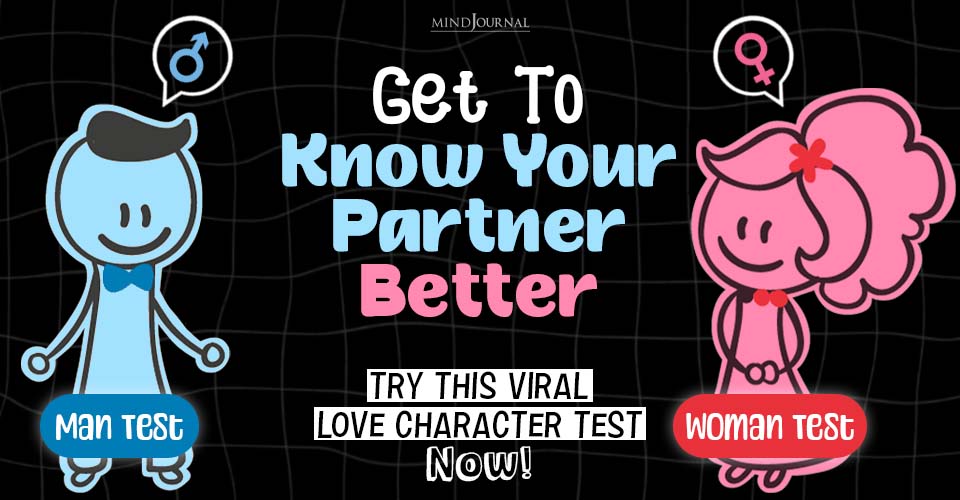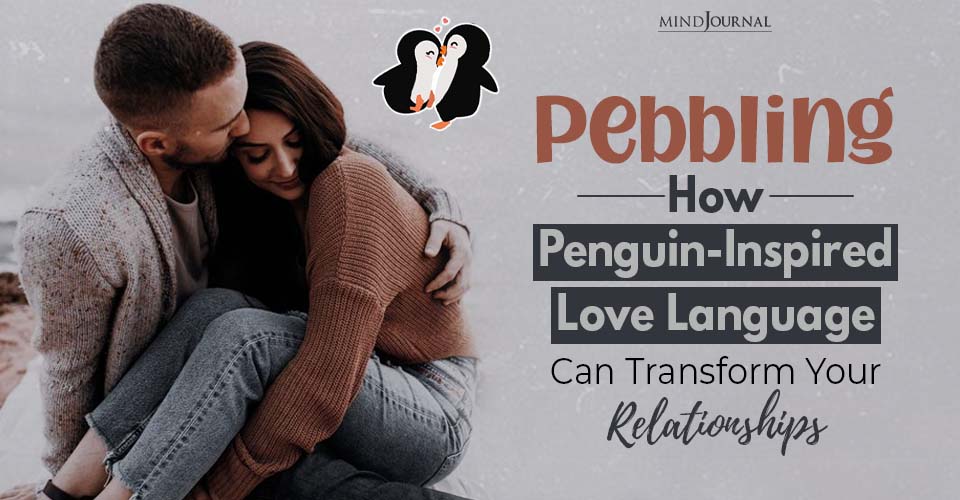Are you working too hard for your relationship and suffocating love? Do you think what you are doing is good for your relationship, but in reality, you’re killing love by constantly trying to save it?
Most of us try hard in our intimate relationships. We work at them. We want our partners to be happy and the benefits that come with that. And when we’ve found something—and someone good, we don’t want to lose it and have to start over. So we soldier on. We struggle on the uphills, hoping to rest on the next plateau. We muddle through the dark periods until, often inexplicably, the light shines again.
We pat ourselves on the back for trying so hard, while often silently resenting our partner for not trying hard enough, for not meeting us at least halfway. “If only he or she would … ” At least, that’s the way we see it; that’s the narrative we convince ourselves is the truth. But what’s really happening is something different. What’s really happening is we’re the ones fucking up.
Consider this:
Most relationships don’t suffer and break down from lack of effort; they suffer and break down from misdirected effort.
Most relationships don’t disintegrate from either partner’s bad intentions; they disintegrate from good intentions that bring bad outcomes.
And most relationships don’t end because the partners have grown apart; they end because one or both partners perceives the distance between them as insurmountable.
The truth is, working at a relationship and taking responsibility for a relationship are two entirely different things. You can try to build a house for years, but if you don’t have a blueprint, the tools, or any construction skills, you’re likely to end up with a heap of wood and nails.
Taking responsibility means learning how to make something happen, then putting that knowledge to work. And it means not squandering your effort in ways that are counterproductive.
Of the many things we do in relationships that contribute to their demise, the big three below are by far the most damaging. Ironically, they also feel like the right thing to do, the thing we need to do to save the relationship from ruin.
Actions and behaviors in my self-interest might not be in my best interest.
Related: 7 Roles That Men Play Which ‘Seem’ Great But Actually Makes a Woman Miserable
In relationships, that’s a critical distinction. Understanding it enables you to see how the three love-killing behaviors below feel good but work against preserving the health and enabling the growth of the relationship. Instead, they undermine both of those goals and eventually become patterns that form the core of a dysfunctional, painful, and unsustainable dynamic.
Stopping these destructive behaviors is hard, because it requires conscious and focused intervention that goes against your instincts.
To break the pattern, you have to short-circuit that instinct and go in a direction that feels both wrong and impossibly difficult.
You don’t go that way, because you know you’ll encounter an invisible, electrified force field. But imagine what would happen if the force field was down if you could move forward safely to the ground you know in your heart you should be standing on. That’s the leap you have to take if you want to stop killing love and start nurturing your relationship.

So here are the three things we have to stop doing, the three ways we kill love when we’re trying to save it.
Here Are 3 Ways You’re Killing Love By Trying to Save It
1. Stop managing your partner’s emotions.
When your partner is happy, attentive, and affectionate, you bask in the love. When your partner is pissed, distracted, and distant, your first instinct is to intervene, not with “What’s wrong,” but with behaviors, you think will cheer your partner up and make being around him or her easier—for you.
In doing this, you think you’re stabilizing the situation and returning it to equilibrium. But you’re actually having the opposite effect. By trying to change the way your partner feels, you are denying the real feelings your partner is experiencing, and in doing so, invalidating them.
Invalidation is one of the worst relationship sins because it makes your partner feel unimportant and crazy for having those feelings, and not heard or understood. It’s the equivalent of saying, “I don’t want you to feel.”
The key here is to take a deep breath and accept your partner’s mood instead of trying to re-engineer it. Remember, there’s a good chance that mood has nothing to do with you, even if you’re being accused of causing it. Once you realize your partner’s emotions are not your fault, you’re free to see them as not your problem to solve.
And by allowing space for your partner’s unpleasant emotions, you enable their healthy flow instead of demanding they be stuffed in, which only leads to an eventual explosion.
Related: 9 Relationship Habits That Are More Harmful Than Cheating
2. Stop preserving peace at any price.
We have two natural instincts when faced with anger—fight or flight, attack or retreat.
Most of us don’t like fighting, though in some relationships constant fighting actually substitutes for a lack of real intimacy. But most of the time, we try to avoid confrontation, either by stifling our feelings or simply giving in to our partner’s demands.
The first response is emotional suicide. The second is called appeasement.
You give a little more and a little more and a little more of your territory to preserve peace. And with each successive slice you cede, your resentment grows larger. You convince yourself that you’re being compassionate and understanding, that relationships are about compromise and accommodation, that we have to pick our battles, and that this one just isn’t worth it. But your losses keep accumulating.
What’s really happening is that you’re training your partner to disregard your boundaries, because you’ve made them permeable and irrelevant. It’s unlikely (except in abusive situations) that your partner wants to make you unhappy. But if you don’t complain, your unhappiness, which remains unspoken, isn’t an issue.
Speak up for what you care about. Say no if you don’t like it. Know your deal-breakers, and never give in on them. Strong boundaries for both partners make your relationship stronger, not weaker because there’s less trampling all around.
A peace purchased with self-sacrifice is not a peace at all. It’s the slow death of the soul masquerading as tranquility.
Want to know more about how you’re killing the love in your relationship? Check this video out below:
3. Stop projecting causality and intent on your partner.
This is perhaps the hardest of the three behaviors to stifle, because it comes so naturally and feels so damn good.
Your partner says or does something you don’t like. You immediately jump to your own explanation, which proves you’re right and conveniently gets you off the hook. His stress. Her childhood. Something you’ve already been blamed for. But let’s face it. You don’t know. You don’t know the reason.
Assuming you do is a delusion, and throwing that assumption at your partner is a sure-fire way to piss him or her off. Because even if you’re right, your partner will resist your explanation and think less of you, because your words feel intrusive, controlling, condescending, and wrong. In an angry moment, your partner is already feeling misunderstood.
While you think you’re coming forward with insight, wisdom, and understanding, what you’re offering feels more like judgment, labeling, and blame.
To avoid this trap, deal with your partner’s feelings instead of trying to explain or justify them in a way that makes you look better.
Reflect the feelings back in a non-confrontational way. “So, I see you’re upset (or annoyed with me). Let’s talk about it.” Open dialogue and instead of assigning blame, try sharing accountability.
Related: 12 Habits of Couples Who Stay In Love
The bottom line is that your partner doesn’t know how to handle his or her upset in a more constructive way, and you can take responsibility for the health of the relationship by providing that education and modeling constructive conflict-resolution.
If you’ve read this far, there’s a good chance you’ve tried—and failed—to save intimate relationships and not understood why. The truth about relationships is that they don’t need to be saved. They need to be nurtured.
Partners don’t need to be managed or fixed. They need to be understood. And conflict doesn’t always need to be explained, but it does always need to be resolved.
Keeping this in mind and making it a practice will make your relationships healthier, more enjoyable, and more likely to go the distance.
Written by Thomas G. Fiffer Originally appeared on The GoodmenProject.com











Leave a Reply